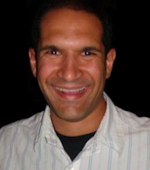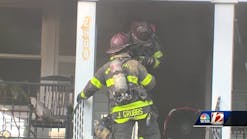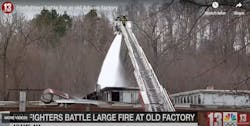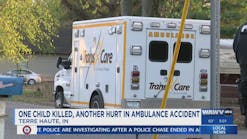Following the 9/11 terrorist attacks, FDNY firefighters were left to deal with an array of issues stemming from that tragic day.
The department's employee assistance program soon saw an increase in cases -- including alcohol and drug abuse -- as first responders struggled to cope with the death of 343 of their comrades.
In spring of 2004, the number of FDNY firefighters and EMS workers being treated for alcohol and drug abuse was more than 50 percent higher than the previous year.
Between Jan. 1 and March 12, the counseling unit handled 102 cases after handling only 63 in the same period in 2003.
In an interview late last year with Firehouse.com, FDNY EAP Director Malachy Corrigan said the unit increased the number of counselors in the clinic to assist the firefighters, their families and retirees.
It quickly expanded from one location to six and nearly doubled the sized of its staff.
In response to the staggering statistics, The Smithers Institue at the School of Industrial and Labor Relations at Cornell University conducted a study that same year to examine exactly how the responders were affected.
What the study found was that the firefighters had almost the exact percentage of excessive drinkers as the city's general public, but that they had twice the risk of developing an alcoholism problem than the national workplace average.
According to the study, 72 percent of the firefighters who participated were not at risk for an alcohol problem, 17 percent were at risk of a moderate problem and 11 percent were at risk for a severe problem.
The study also found that only five percent of those surveyed indicated that they would seek professional help for an alcohol or drug problem.
It concluded that because of the high levels of social support and trust within the fire service, a strong peer-based education and intervention program could be a viable option to provide counseling. That is exactly what the department did.
Corrigan said he can't say enough about the benefits of peer counseling or support, which is coupled with the efforts of certified alcohol and substance abuse counselors as well as nurses and psychologists.
"One of the best tools we have is the help of firefighters who are detailed to help their fellow firefighters," Corrigan said. "They relate. They know what they are going through.
"They are helping each other get through the tough times."

Paul Peluso | Staff Writer
Paul Peluso is a Firehouse.com staff writer and has worked for the Web site since 2006. Previously, he worked as a reporter for several community newspapers located in the suburbs of Baltimore, Md. Since joining the newsteam, Paul has covered various fire service issues including fire sprinklers, grants, line of duty deaths and technology. While he started out at the Beltsville, Md. office, he has since moved to Florida where he works out of his home office in Tampa.





